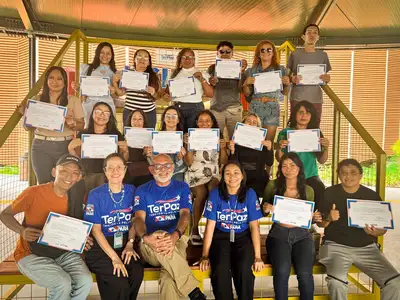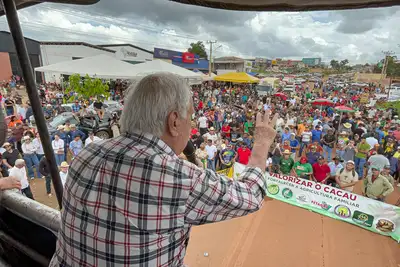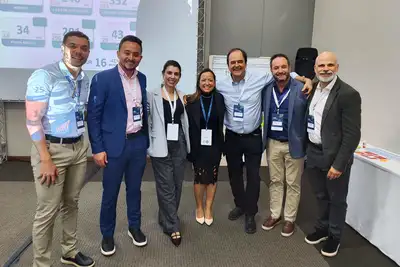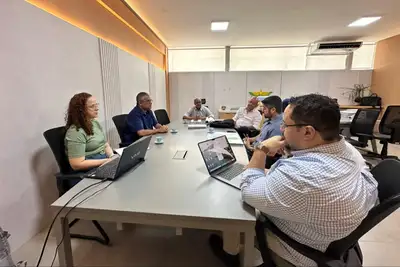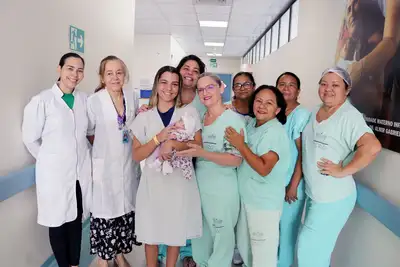Adepará certifies the first indigenous flour agroindustry in the State during the 42nd Expoalta in Altamira
In addition to the artisanal vegetable seal, the fair's program also opens space for cattle traceability
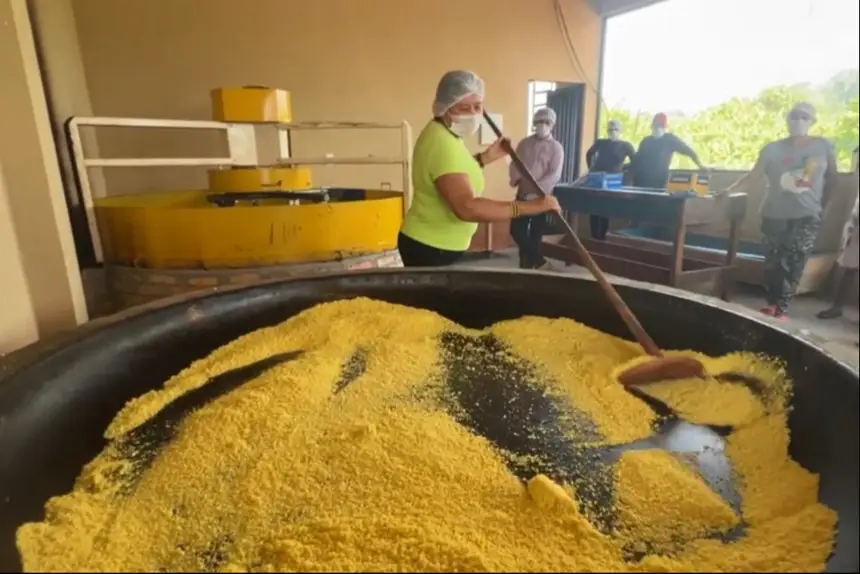
The Agricultural Defense Agency of the State of Pará (Adepará) granted, this Thursday (6), the artisanal seal to the flour agroindustry of the Juruna Tubyá Indigenous Association, from Altamira. This is the first certificate of registration of artisanal products issued by the Agency for an indigenous establishment in the State. The certificate was delivered during the 42nd Agricultural Exhibition Fair of Altamira (Expoalta), considered the largest agribusiness event in the Xingu region.
The Adepará seal confirms the quality and sanitary safety of the flour manufacturing process of the association, named by the indigenous people as Sasa tiha, which in the Juruna language means "typical flour of our people." The registration opens doors for the commercialization of the product in supermarkets and participation in institutional bidding, such as the National School Feeding Program (PNAE) and the Food Acquisition Program (PAA), both from the federal government.
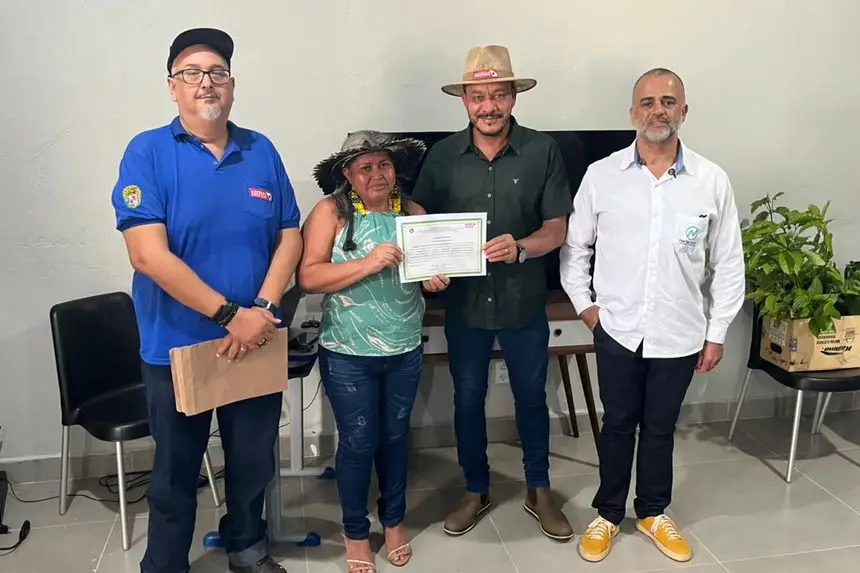
“The certification that Adepará offers to the rural producer is of great importance for those who are producing, because it opens new markets. Moreover, it signifies the quality of the product that reaches the consumer's table,” explains Adepará's regional manager, Rubens Moraes. “It is a milestone to have the first indigenous agroindustry in our region with artisanal registration,” he adds.
The cassava processing agroindustry was built and equipped by Norte Energia, the concessionaire of the Belo Monte Hydroelectric Plant, to contribute to the income generation of the Juruna indigenous people, who live on the Picadinho road, located 115 kilometers from the municipal headquarters. The president of the Association, Irasilda Juruna, emphasizes the significance of the achievement. “Having our artisanal seal is an immense pride. We have always made flour with dedication, but without the support of Norte Energia, we would not have made it this far. Now, our dream is to take our flour to more tables, beyond our region,” she highlights.
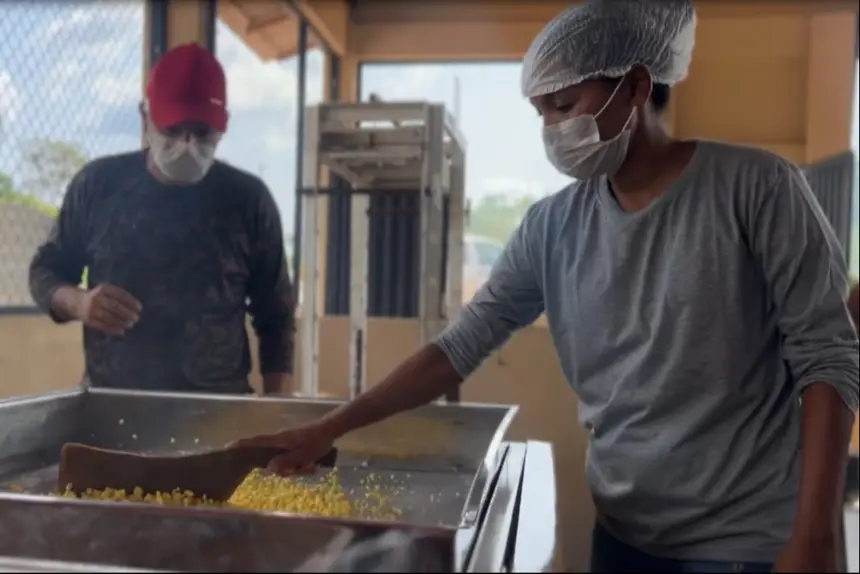
For the implementation and operation of the agroindustry, Norte Energia supports the Juruna Tubyá Indigenous Association through three programs from the plant, which cover the stages of planting – including the preparation of the area, which corresponds to nine hectares of cassava planting – processing, and commercialization. The project combines cultural appreciation and sustainable development. “The certification allows the tradition of indigenous flour production to be preserved and, at the same time, gain competitiveness in the formal market. It is a community achievement and an example for other regions,” evaluates the socio-environmental manager of the Indigenous Component, Sabrina Miranda Brito.
The path to certification included the completion of a Good Practices in Food Handling course, taught in the community. The training, conducted by the Technical Assistance and Rural Extension Company of the State of Pará (Emater), in partnership with Norte Energia, addressed hygiene in processing, correct use of equipment, safe storage of products, and adjustments to meet sanitary requirements. “This course came at the right time, strengthening not only the flour production but also other products of the association, such as chocolates, liqueurs, and jams,” Irasilda added.
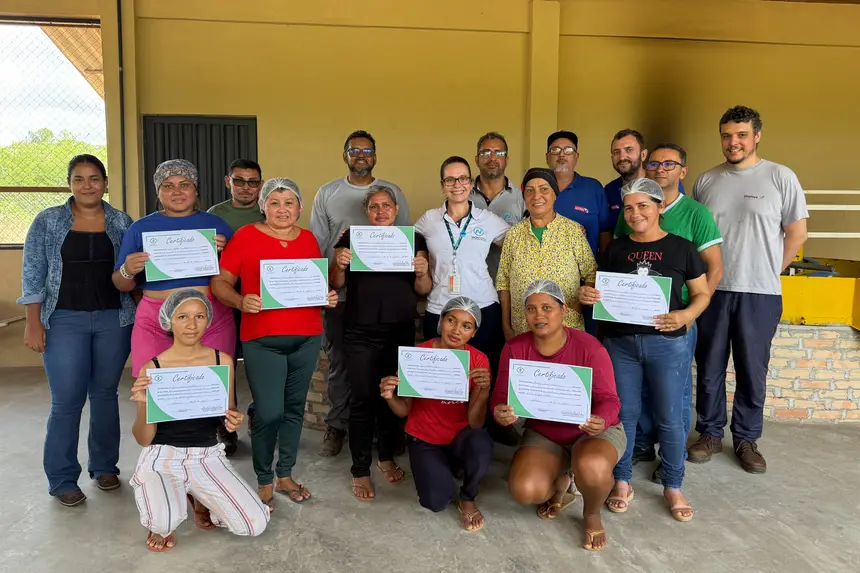
Another important step to strengthen the commercial operation of the cassava processing agroindustry was the issuance of the National Family Agriculture Registration (CAF) for the associated families, by Emater.
The agroindustry also underwent the environmental licensing stage, conducted by the Municipal Secretary of the Environment of Altamira (Semma). During the inspection, the technical team evaluated the facilities and the measures adopted to mitigate environmental impacts, especially in the management of production waste.
With a production capacity of 1,020 kg per day, the agroindustry has areas for reception and unloading; storage, production, and is equipped with a cassava peeler, hydraulic press, disintegrator, vibrating sieve, manual oven, and mechanized oven.
Chocolate from Xingu
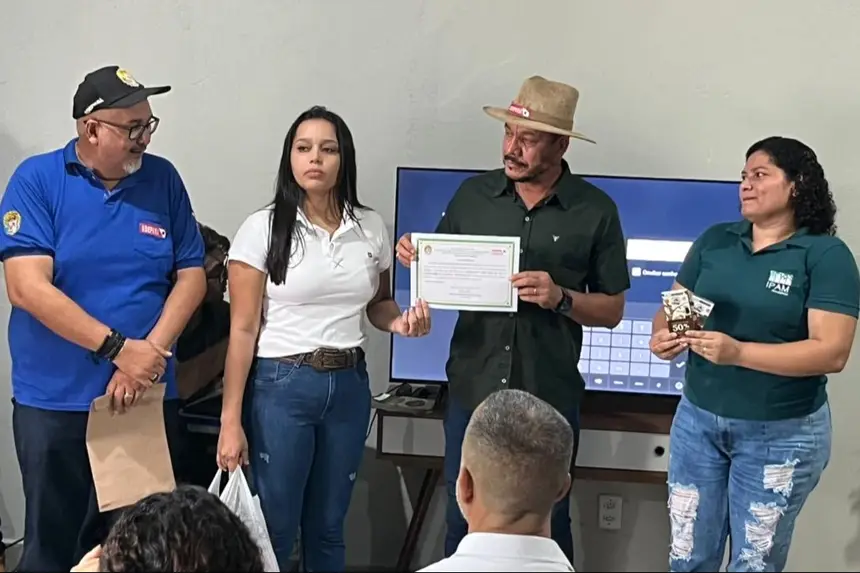
One of the regions with the highest cocoa production in Pará, Xingu continues to drive the implementation of artisanal chocolate agroindustries. With the support of the government of Pará, through Adepará, another establishment has been granted the artisanal vegetable registration.
Chocolate Suk, from the municipality of Brasil Novo, has been authorized to operate as a chocolate manufacturer and can produce 20 types of chocolate bars, in addition to nibs, contributing to the strengthening of the production chain and generating income for rural producers, suppliers of inputs, cooperatives, and associations, which are responsible for ensuring that the health and quality of fresh vegetable products have been respected.
42nd Expoalta - The agricultural exhibition in Altamira will also showcase cattle traceability, one of the pillars of the sustainable livestock program being implemented by Adepará throughout the State, which elevates the meat produced in Pará to another level, ensuring greater sanitary control and environmental responsibility.
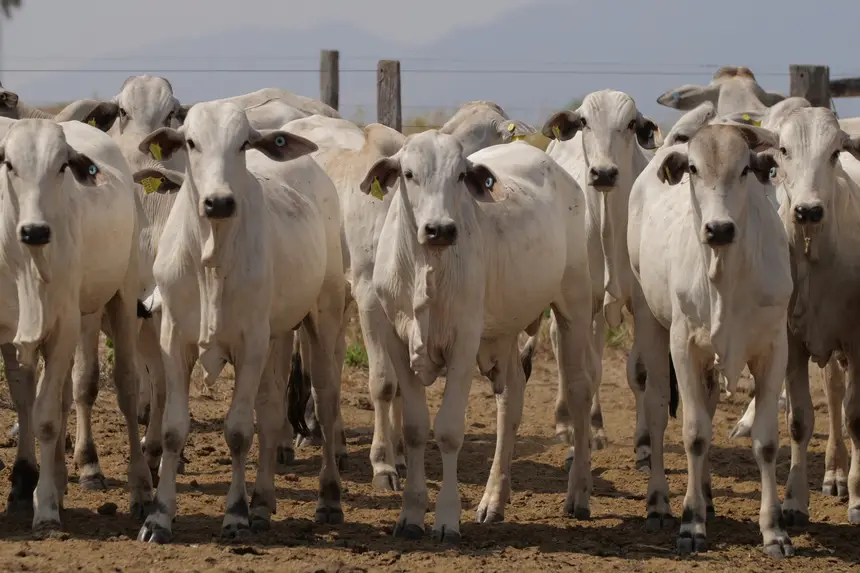
This Saturday (8), there will be a symbolic tagging to mark this new moment in livestock in the region, which has more than three million head of cattle. Animals from the cattle herd will be identified at the exhibition, with the placement of two tags, one blue and one yellow - visual and electronic - and insertion into the Pará Cattle Traceability System (SRBIPA). The program will feature the presence of agricultural inspector Bárbara Lopes, coordinator of registration and traceability at Adepará, rural producers, and local authorities.
*With information from the Communication Advisory of Norte Energia


